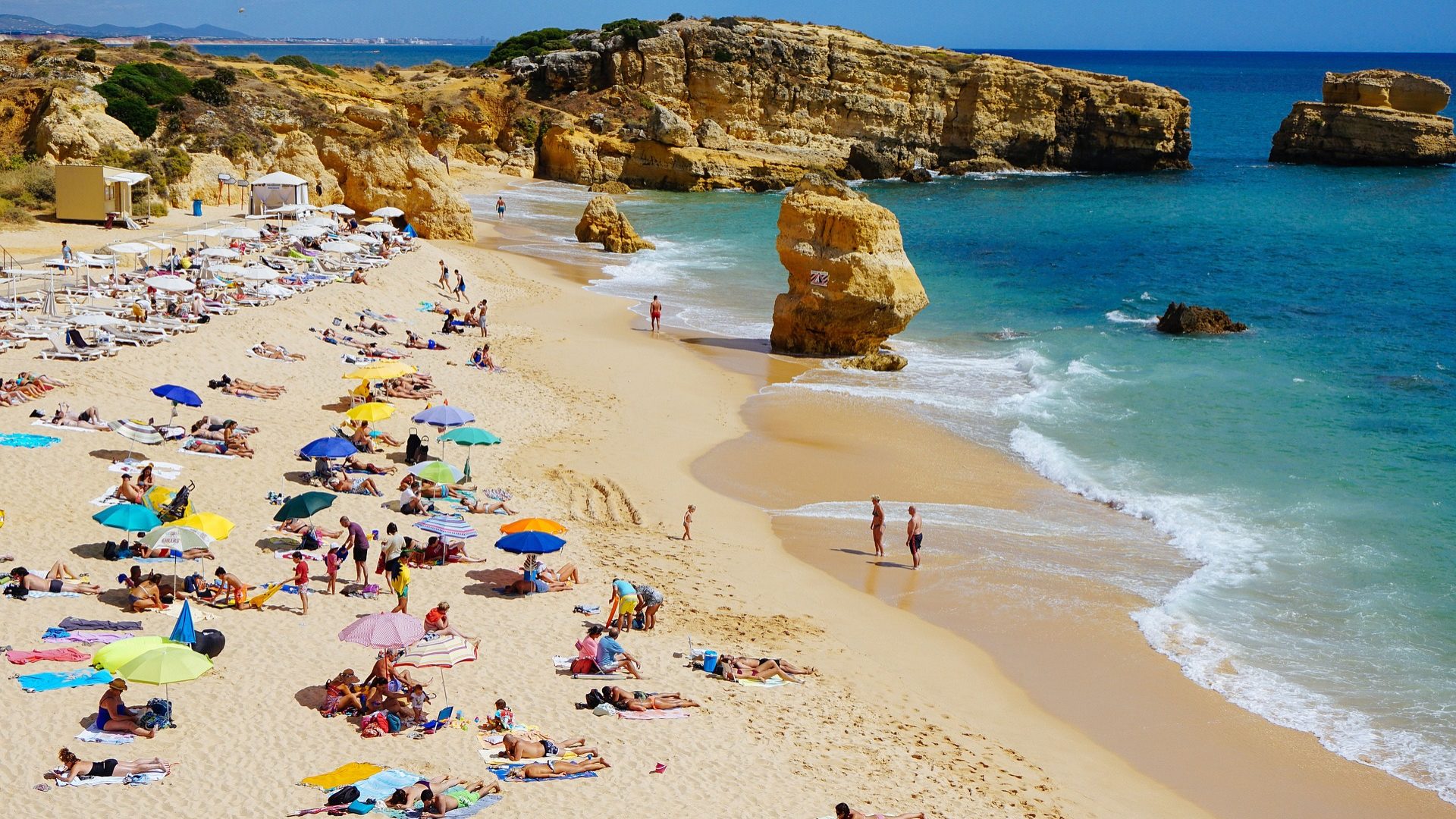Algarve tourism property owners push back against housing package
"What can we say about the lack of credibility the country has in the eyes of thousands of foreigners who have also made their investments here?", said AHETA.
The Algarve Association of Hotels and Tourism Developments (AHETA) on Monday criticised draft measures unveiled last week by the Socialist government aimed at boosting housing in the country, arguing that they will “kill” short-term rental sector without increasing the number of homes available for rent to the resident population.
“The rules approved in the last Council of Ministers are castrating the activity and announce its death, in a very short time,” said the AHETA in a statement that described as a “fallacy” the government’s idea that the measures, “as far as local accommodation is concerned, solve or contribute to solving the country’s housing problem.”
According to the association, the government’s ‘More Housing’ programme, unveiled last Thursday, “instead of encouraging and strengthening economic activity in order to raise revenue and concentrate it on the construction of homes at controlled costs, and consequent rentals at values bearable by the most disadvantaged,” will end up “destroying an activity that was very well regulated” in the past, and whose rules had put an end to the so-called “parallel beds”.
AHETA recalled that the creation of regulations for short-term rentals allowed the end of a parallel market for tourist accommodation that had existed in the Algarve, with the result that the state benefited from the taxes collected after this supply was legalised. It argued that the proposals now presented bring into question all the work and investment made by property owners, many of them with recourse to credit, in converting former “parallel beds” into legal tourist accommodation.
“What can the government have to say to people who put all their financial availability and many resorted to credit to develop their activity and now foresee a very dark end?” the AHETA questioned, lamenting that “the rules of the game have been changed in the middle of the championship.
“What can we say about the lack of credibility the country has in the eyes of thousands of foreigners who have also made their investments here?” it added.
The association expressed its support of the existence of second homes, tourist properties and short-term rentals that are “controlled and licensed, with a guarantee of quality services and contributing, with their taxes, to the country’s growth” – and warned that the new measures, if implemented, will “again” lead “thousands of beds to enter the parallel market.”
The AHETA also criticised the plan to wind up the ‘golden visas’ scheme – fast-track resident permits for big investors – saying that this programme (officially known as ARI) “brought many millions of euros of investment and taxes into the country, especially in property” that will now be “lost” to other countries that continue to offer attractive solutions for this foreign investment.
That, the AHETA said, is why it believes that “the measures now approved and publicised will be reviewed, immediately, before they come into force, for the good of the Algarve and the quality of tourism” in Portugal.
“Our country needs to attract permanent, serious, legal investment, with longevity and, for that it is determinant to transmit security, stability to the market and investors, all that the measures now taken do not do,” it argued.
At last Thursday’s cabinet meeting, which was dedicated to housing, the government decided that the issuing of new licences for short-term rentals “will be prohibited” with the exception of rural accommodation in municipalities in the country’s interior where these could boost the local economy.
Furthermore, existing short-term rentals licences “will be subject to re-evaluation in 2030” and, after that date, periodically, every five years.
The government also intends to encourage landlords to transfer their short-term rental properties to long-term housing, with the incentive that the rental income earned by those who do so until the end of 2024 will be exempt from tax until 2030, as “compensation for the decrease in revenue that they will have.”
Simultaneously, the government intends to create an extraordinary levy on those properties that remain in short-term rentals, with the revenue from this going to fund housing policies.
The measures are part of a set of rules with a “strong incentive to return to the housing market … units that are currently dedicated to short-term rentals,” said the prime minister, António Costa, in presenting the programme.
The five axes of the More Housing programme, which will be out to public discussion for a month, are to increase the supply of properties used for housing purposes, to simplify the licensing processes, to increase the number of houses in the rental market, to combat speculation, and to protect families.


